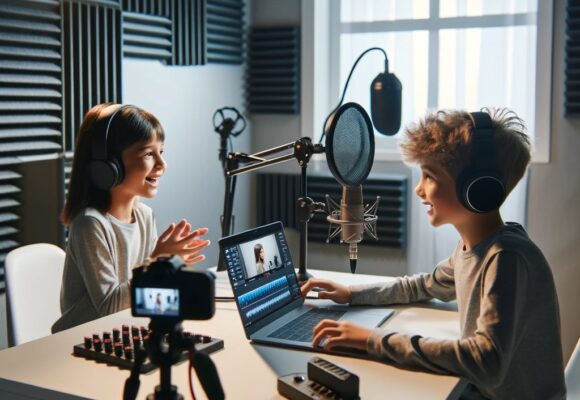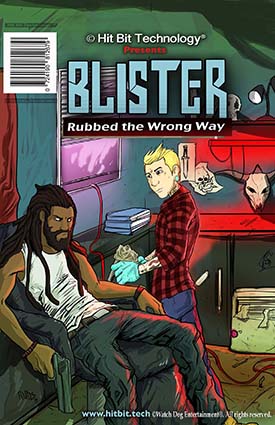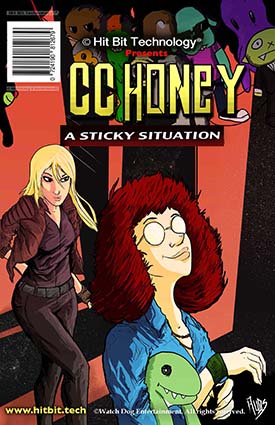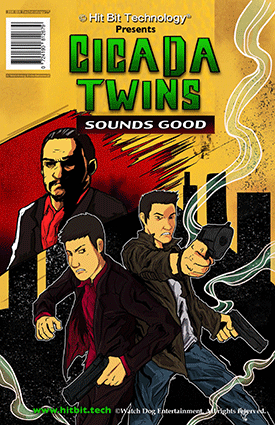The impact of artificial intelligence (AI) on video content creators, especially those on platforms like YouTube, is multifaceted and expected to evolve significantly in the coming years. Here are several predictions on how AI might shape the future of video content creation:
- Content Creation Efficiency: AI tools will likely become more integrated into the content creation process, significantly improving efficiency. These tools can assist in scriptwriting, video editing, and even animation, reducing the time and effort required to produce high-quality content. This means creators can focus more on creativity and less on the technical aspects of production.
- Personalization and Recommendation Algorithms: AI-driven personalization and recommendation algorithms will continue to evolve, influencing how videos are distributed and consumed on YouTube. Content creators who understand and adapt to these algorithms will have a better chance of reaching their target audience. However, this may also lead to challenges, as creators will need to constantly adapt to changing algorithms to ensure their content remains visible.
- Deepfake Technology and Authenticity Concerns: The advancement of deepfake technology, powered by AI, poses potential risks for content creators, including concerns about authenticity and misinformation. While this technology can be used creatively, it also raises ethical issues and the need for robust detection mechanisms to maintain trust in digital content.
- AI-Generated Content: The rise of AI-generated content could lead to an increase in the volume of videos on YouTube, potentially making it harder for human creators to stand out. This could result in a saturated market where distinguishing between AI-generated and human-created content becomes challenging for viewers.
- Monetization and Economic Impact: AI could influence the monetization models for video content creators. As AI technologies automate certain aspects of content creation, there might be shifts in how creators are compensated. This could lead to new revenue-sharing models, subscription services, or other monetization strategies that better align with the AI-integrated content landscape.
- Regulation and Policy Changes: As AI plays a more significant role in content creation and distribution, there may be increased calls for regulation. This could include policies around transparency (e.g., disclosing AI use in content creation), copyright (how AI-generated content is owned and attributed), and ethical guidelines to prevent misuse.
- Skill Shift and Education: The integration of AI in content creation will necessitate a shift in the skills required for success in the field. Content creators will need to become proficient in AI tools and techniques, leading to a greater emphasis on continuous learning and adaptation. Educational resources and training programs will likely evolve to meet this need.
In summary, AI is expected to profoundly influence the landscape of video content creation on platforms like YouTube, offering both opportunities and challenges. Creators who adapt to these changes, leveraging AI to enhance their creativity and efficiency while navigating the ethical and regulatory implications, will likely thrive in this evolving landscape.


 10 Feb 2024
10 Feb 2024
 Posted by Watchdog Ent.
Posted by Watchdog Ent.  0 Comment
0 Comment 









